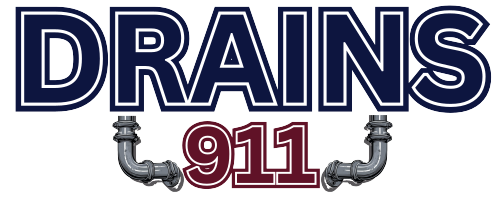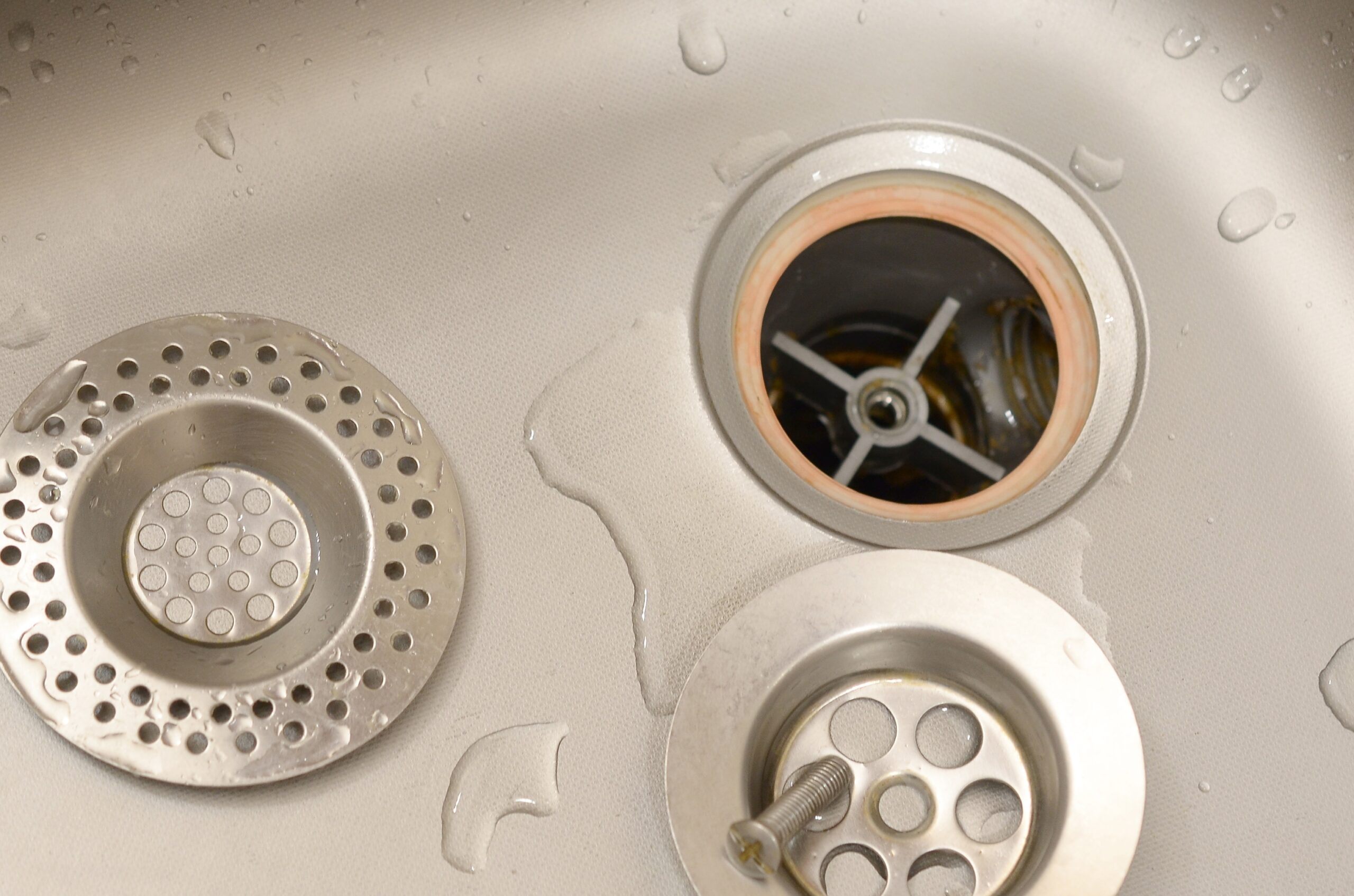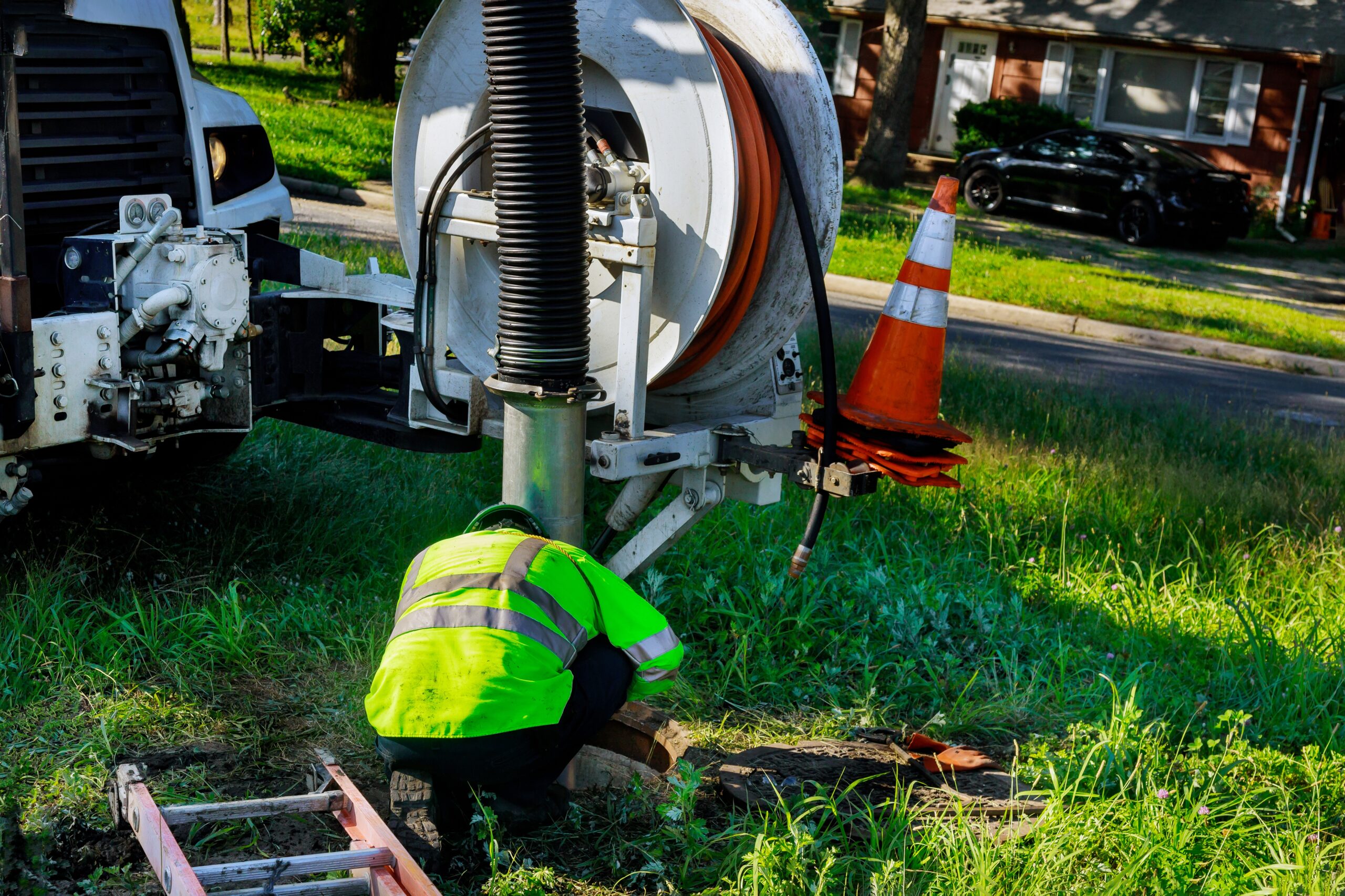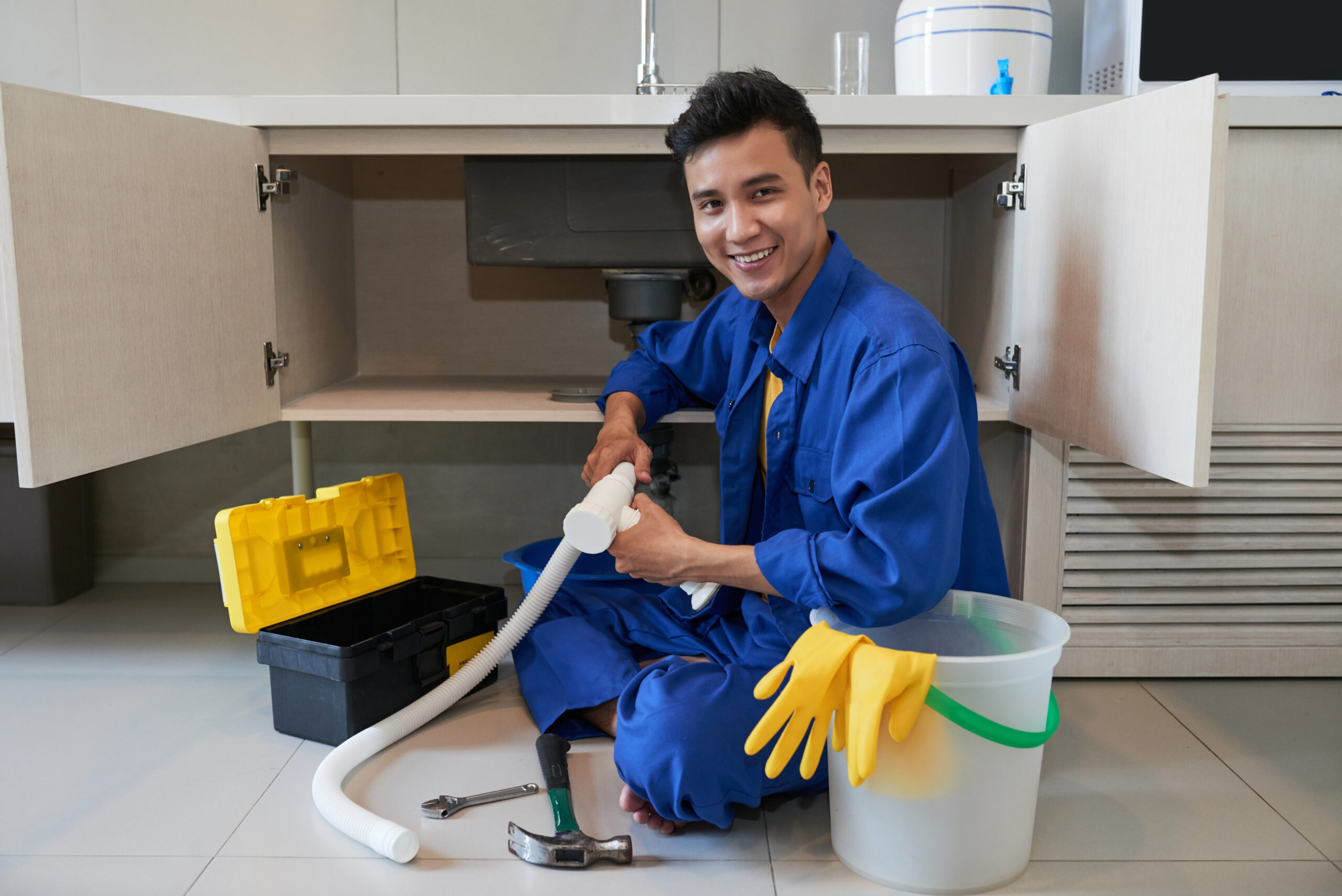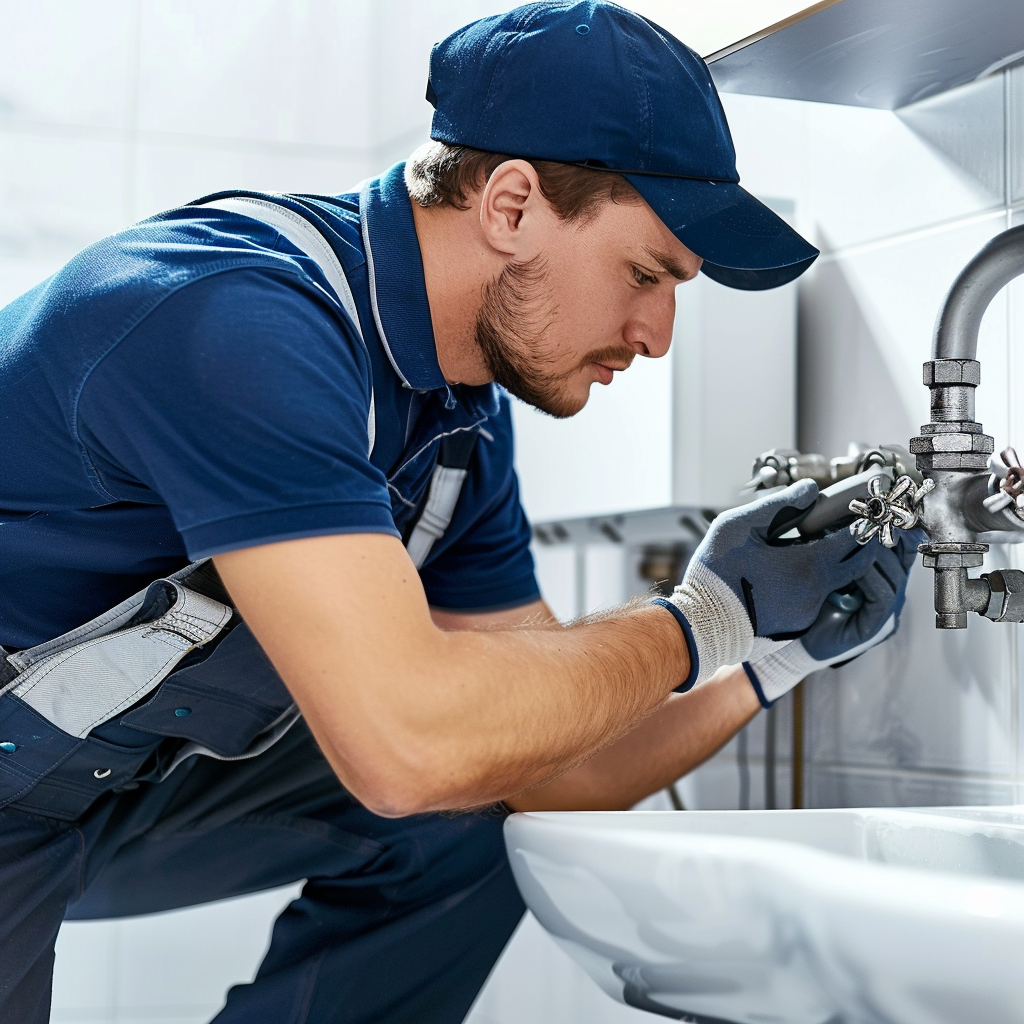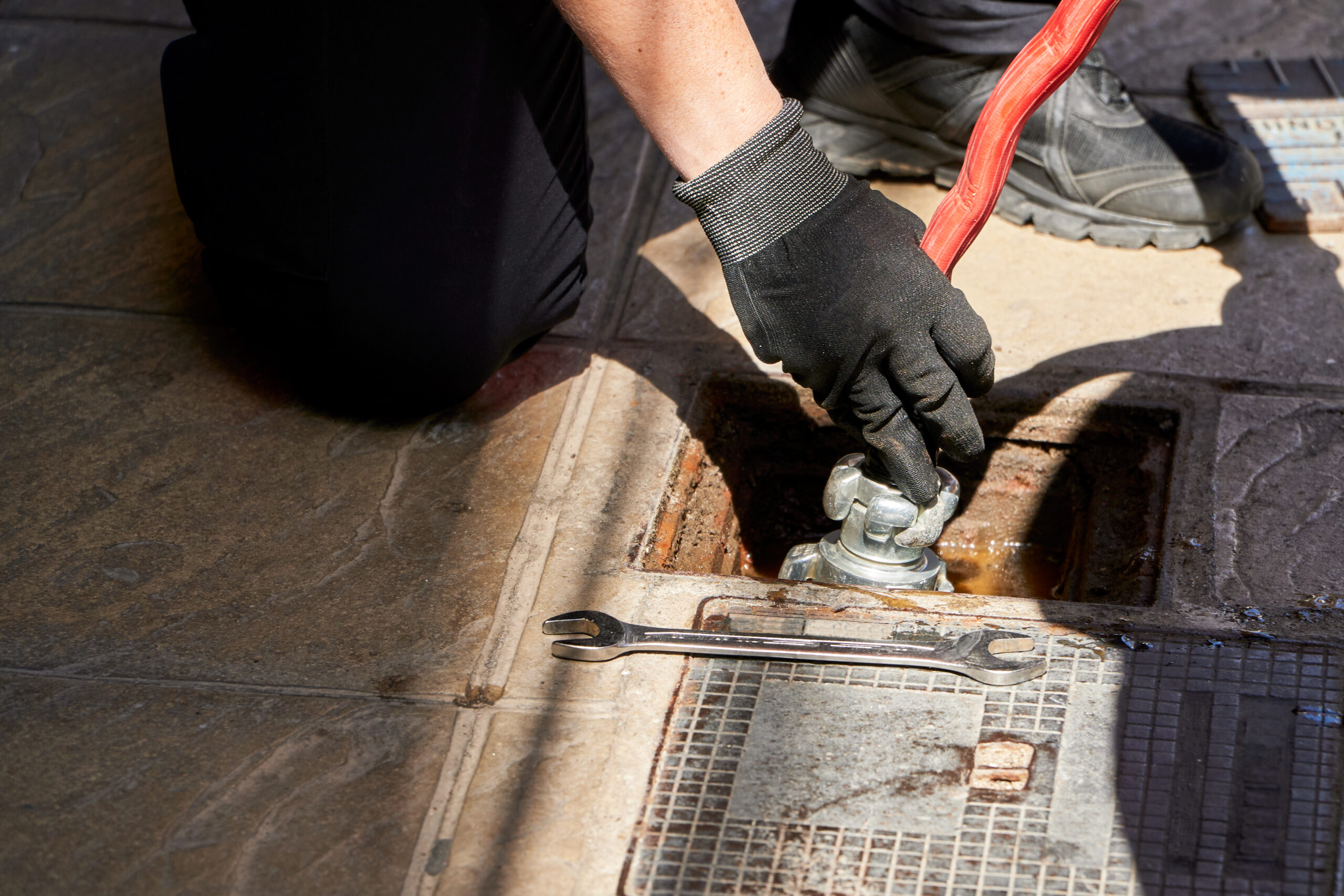
Common Causes of Drain Blockages and How to Avoid Them
Dealing with a clogged drain can be one of the most frustrating household problems. Whether it’s a slow-draining sink, a backed-up shower, or an overflowing toilet, blocked drains are inconvenient and, if left untreated, can cause significant damage to your plumbing system. At Drains 911, we specialize in providing fast and effective solutions for blocked drains, but we also believe that prevention is the best approach.
In this blog, we’ll discuss the most common causes of drain blockages, the potential problems they can cause, and—most importantly—how you can avoid them.
1. Hair Buildup in Bathroom Drains
One of the most common causes of blockages in bathroom drains—particularly in sinks, showers, and bathtubs—is hair. As hair accumulates in the drain over time, it forms clumps that can trap soap scum, dirt, and other debris. Eventually, these clumps build up to the point where they slow down or completely block the flow of water.
How to Avoid Hair Clogs:
- Use Drain Covers: Installing a simple drain cover or mesh screen can catch hair before it enters your pipes, significantly reducing the likelihood of clogs.
- Regular Cleaning: Remove any visible hair from drains after each shower or bath. Regularly clean the drain cover to prevent buildup.
- Flush the Drain: Occasionally pour boiling water down your drain to help break down any hair or soap scum starting to form.
2. Grease and Oil in Kitchen Drains
Another common cause of blocked drains, particularly in kitchens, is the buildup of grease, oil, and fat. When hot, these substances are liquid and flow easily down the drain, but as they cool, they solidify and stick to the walls of your pipes. Over time, this can create thick blockages that are difficult to remove.
How to Avoid Grease Clogs:
- Dispose of Grease Properly: Never pour cooking oil, grease, or fat down your kitchen sink. Instead, let it cool and then dispose of it in the trash or recycle it where possible.
- Use a Grease Trap: If you regularly cook with oils or fats, consider installing a grease trap to catch these substances before they enter your plumbing system.
- Hot Water and Dish Soap: After cooking, pour hot water mixed with dish soap down the drain to help break down and wash away any residual grease before it solidifies.
3. Soap Scum Buildup
While soap is essential for cleaning, it can also cause problems for your plumbing. Traditional soaps are made with fats that can leave behind a residue known as soap scum. When soap scum combines with other debris such as hair and dirt, it can build up inside your pipes, causing slow drains and eventual blockages.
How to Avoid Soap Scum Buildup:
- Use Liquid Soap: Switching from bar soap to liquid soap or shower gel can help reduce the amount of soap scum that forms in your drains.
- Clean Drains Regularly: Periodically flush your drains with hot water and baking soda to help break down soap scum and other residues.
- Install a Water Softener: Hard water can exacerbate soap scum buildup. Installing a water softener can help minimize this issue by reducing the minerals in your water.
4. Food Waste in Kitchen Drains
While it might be tempting to dispose of food waste by washing it down the sink, this can lead to serious blockages, especially if your kitchen doesn’t have a garbage disposal. Even with a garbage disposal, certain foods, such as coffee grounds, eggshells, and fibrous vegetables, can cause clogs by becoming trapped in your pipes.
How to Avoid Food-Related Blockages:
- Use a Sink Strainer: A sink strainer can catch food particles before they go down the drain, preventing blockages.
- Compost Food Scraps: Instead of washing food waste down the sink, compost scraps such as vegetable peels, eggshells, and coffee grounds.
- Avoid Certain Foods in the Garbage Disposal: If you have a garbage disposal, avoid putting fibrous foods like celery, potato peels, and pasta down the drain, as these can tangle or expand and clog your pipes.
5. Tree Roots in Sewer Lines
For homes with outdoor plumbing, tree roots can be a surprising but common cause of serious blockages. Tree roots naturally seek out water sources, and your underground sewer pipes provide an ideal source. Once roots infiltrate your pipes, they can grow inside them, leading to slow drainage, backups, and even pipe damage.
How to Avoid Tree Root Blockages:
- Schedule Regular Inspections: Having your sewer lines inspected regularly can help identify root infiltration before it becomes a significant problem.
- Plant Trees Away from Plumbing: If you’re landscaping, make sure to plant trees away from your underground plumbing to prevent roots from seeking out your pipes.
- Root Barriers: Installing root barriers can help prevent tree roots from reaching your sewer lines.
6. Foreign Objects in Drains
Children’s toys, sanitary products, wipes, and other non-flushable items can easily cause blockages if they find their way into your plumbing. Toilets and drains are designed to handle water, waste, and biodegradable products only—anything else can cause serious problems.
How to Avoid Foreign Object Blockages:
- Educate Household Members: Teach everyone in your home what can and cannot be flushed or washed down the drain. Remind children not to put toys or other items in the toilet.
- Use Trash Cans: Place trash cans in your bathrooms and kitchens to encourage proper disposal of non-flushable items like wipes, paper towels, and feminine hygiene products.
- Install Drain Covers: For sinks and bathtubs, using drain covers can help prevent foreign objects from accidentally entering the pipes.
7. Toilet Paper Overuse
While toilet paper is designed to break down in water, using too much of it can still cause blockages in your pipes. This is especially true for older plumbing systems or homes with low water pressure, where the excess paper doesn’t have enough force to move through the system.
How to Avoid Toilet Paper Clogs:
- Use the Right Amount: Encourage everyone in your household to use a reasonable amount of toilet paper to prevent clogs.
- Opt for Septic-Safe Toilet Paper: If your home has a septic system, using thinner, septic-safe toilet paper can help prevent clogs.
Avoid Drain Blockages with Drains 911
Preventing drain blockages starts with awareness and routine maintenance. However, when clogs do happen, you need a reliable solution fast. At Drains 911, we offer expert drain cleaning and maintenance services to keep your plumbing in top condition. Whether you’re dealing with a minor blockage or a more serious issue, our team is here to help.
Don’t wait until a clogged drain becomes a costly repair. Contact us today to schedule a service or learn more about how we can help you prevent future blockages. Visit our website at https://drain-911.com/ or call 978-270-1393 to speak with our experienced team. Let us keep your drains flowing smoothly!
